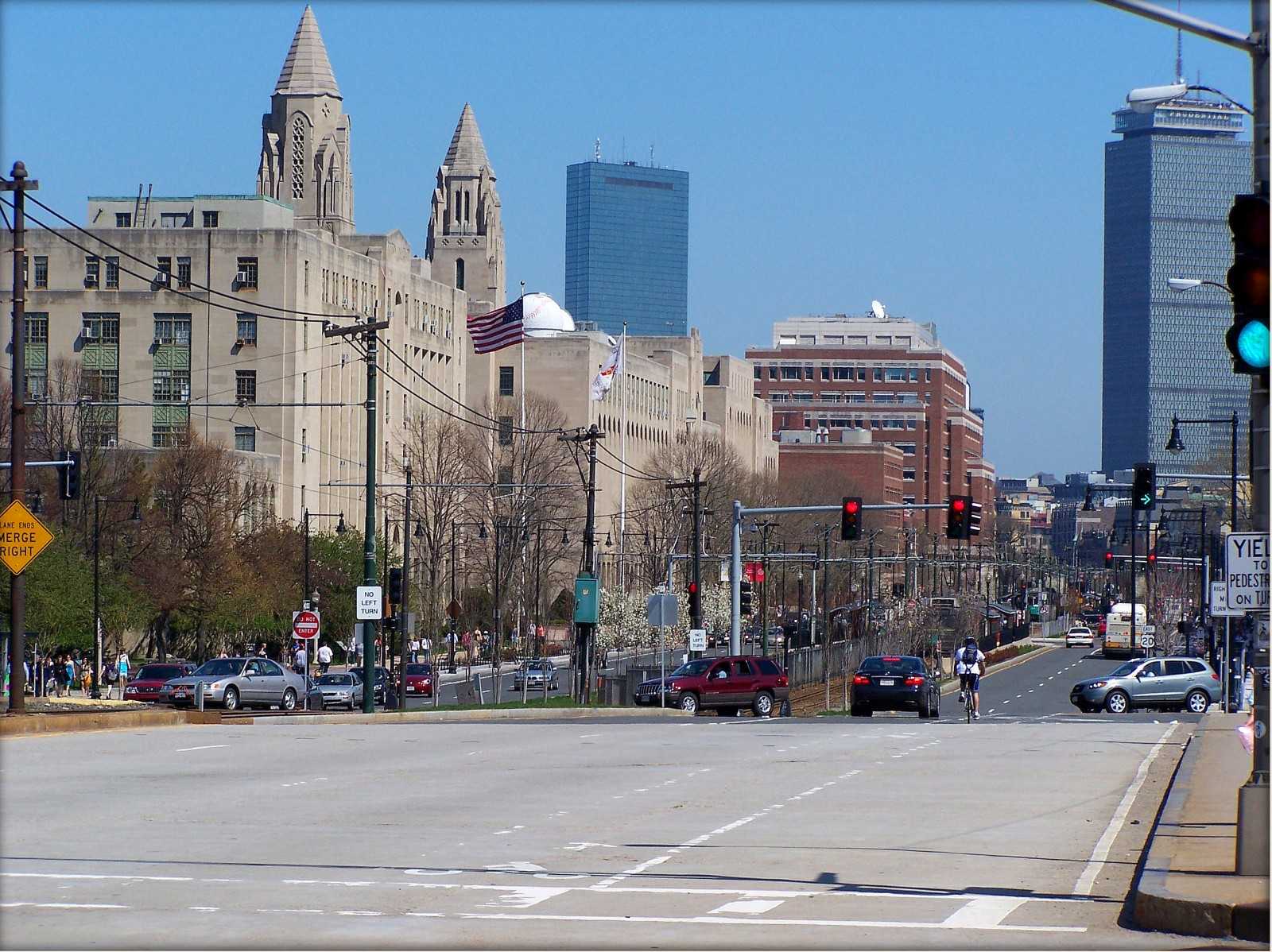On May 1, 2014, a White House task force unearthed new plans to improve the ways college campuses deal with sexual assault. They released a list of 55 colleges that are under investigation by the U.S. Department of Education for allegedly violating Title IX and mishandling reports of sexual harassment and assault. On that list are several local schools including Harvard University, Emerson College and our very own Boston University, The Daily Free Press reported.
Harvard will be participating in the Association of American Universities’ national sexual assault climate survey this coming spring, meant to assess the problems in the schools’ communities and gain information necessary to create policies aimed at awareness and prevention.
However, BU will not. In fact, Harvard is the only Boston-area school to participate in the AAU’s version of the survey.
Twenty-eight schools are using the AAU’s survey, leaving schools such as BU and Emerson to create their own. Emerson administration announced in September 2014 that they would be administering anonymous surveys every two years to assess how students feel about the handling of sexual violence on campus and their knowledge of Emerson’s policies and the resources the school provides for victims, BostInno reported on Jan. 23.
BU has not made it entirely clear what their plans for the survey are. Dean of Students Kenneth Elmore did, however, tell the FreeP that they definitely will be conducting their own investigation.
“We want to have a survey that’s a little more tailored to our population, what we’re looking for and we also had some questions about the survey that AAU is conducting and the timing,” Elmore told the FreeP on Jan. 22. “It didn’t quite fit into our cycles here, so that was important for us.”
Along with whatever timing inconveniences it may cause BU, the survey is expensive. It costs about $85,000 to administer the survey, Inside Higher Ed reported on Nov. 19, 2014. However, Elmore told the FreeP he does recognize how it could be beneficial to participate in the AAU survey for purposes of data comparison.
“There may be some elements of attitudes and behavior and conduct that have more of a citywide implication than we think, so in an ideal world, we would have a similar survey as our other urban Boston-area colleges and universities had, and that way we could share data and really get a good sense, but that’s just not where anyone is right now,” he said.
The university has taken other efforts to inform and assist students in addition to creating its own survey, said BU spokesman Colin Riley.
“In the past few years, BU has established a Sexual Assault Response and Prevention Center and implemented bystander intervention training and expanded its educational programs as part of a comprehensive approach to increasing awareness of the issue and the steps to take and resources available if one is the victim/survivor of sexual assault,” he told the FreeP on Jan. 22 in an email.
But however much Elmore and Riley try to placate us, it still feels like BU is trying to skirt around some questions they don’t want to address by opting out of the national survey. It’s unclear what BU’s tailor-made survey plans on finding that a nationally funded and developed survey wouldn’t find. It sounds as if they fear that something they have no hand in creating would turn up something they don’t want unearthed.
Elmore told the FreeP that there has been a version of the sexual assault survey in the works since August, and while they are still finalizing the survey, students should be able to take the survey online starting after spring break. Once BU’s survey is sent out and the results are revealed, students will finally have concrete evidence that BU is performing research that will ultimately improve the way sexual assault is handled on campus.
It’s important to note that the majority of schools on the DOE’s list are taking the BU route and saying that they have something else in the works, therefore avoiding the national survey. But some schools, such as University of Michigan, are both opting into the AAU survey and creating their own, therefore going above and beyond.
It’s hard to blame BU for not doing anything when we don’t know what they’re really up to, but it would be helpful — and comforting — to students if the school were more open about this. There’s no reason to hide, and they’ve been on the list for nearly a year now. It’s time to see results.



















































































































